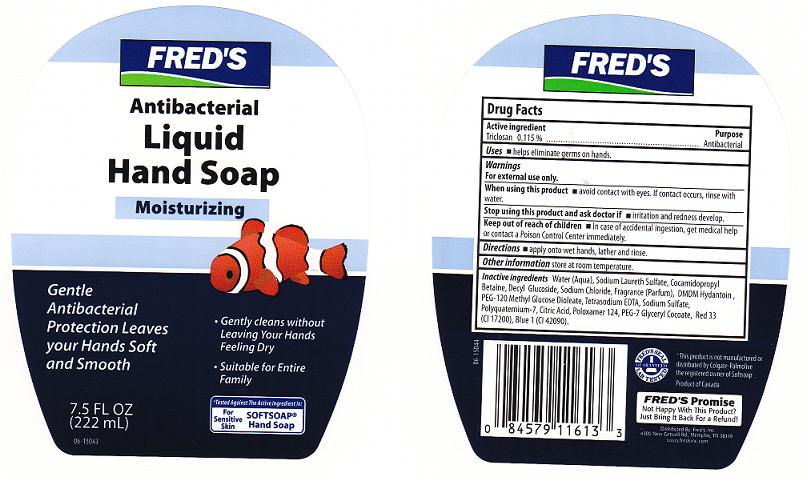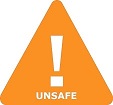Antibacterial | Triclosan Liquid while Breastfeeding

What is Antibacterial | Triclosan Liquid used for?
Brief: ANTIBACTERIAL
Antibacterial | Triclosan Liquid while breastfeeding safe or not? Can there be any side effects for infant while using it during breastfeeding?

Triclosan and Breastfeeding
UnsafeTriclosan is used in a variety of common household products, including soaps, mouthwashes, dish detergents, toothpastes, deodorants, and hand sanitizers. It is also used in health care settings in surgical scrubs and personnel hand washes. Triclosan has been found in human serum, urine, and breast milk. Triclosan is capable of impacting microbiome diversity of infants. As not much study has been done hence its recommended to avoid this product in breastfeeding.
Note: Study and data for external use onlyWarning: Tropical usage in breast area shall be avoided to prevent the Triclosan passing orally in Infants.
What should I do if already breastfed my kid after using Antibacterial | Triclosan Liquid?
If you observer abnormal behavior or any other health issue in infant then you should immediately call 911 or contact other contact other emergency service provider in your area otherwise closely monitor the baby and inform your doctor about your Antibacterial | Triclosan Liquid usage and time interval of breastfeeding.
I am nursing mother and my doctor has suggested me to use Antibacterial | Triclosan Liquid, is it safe?
If your doctor knows that you are breastfeeding mother and still prescribes Antibacterial | Triclosan Liquid then there must be good reason for that as Antibacterial | Triclosan Liquid is considered unsafe, It usually happens when doctor finds that overall advantage of taking
If I am using Antibacterial | Triclosan Liquid, will my baby need extra monitoring?
Yes, Extra monitoring is required if mother is using Antibacterial | Triclosan Liquid and breastfeeding as it is considered unsafe for baby.
Who can I talk to if I have questions about usage of Antibacterial | Triclosan Liquid in breastfeeding?
US
National Womens Health and Breastfeeding Helpline: 800-994-9662 (TDD 888-220-5446) 9 a.m. and 6 p.m. ET, Monday through Friday
UK
National Breastfeeding Helpline: 0300-100-0212 9.30am to 9.30pm, daily
Association of Breastfeeding Mothers: 0300-330-5453
La Leche League: 0345-120-2918
The Breastfeeding Network supporter line in Bengali and Sylheti: 0300-456-2421
National Childbirth Trust (NCT): 0300-330-0700
Australia
National Breastfeeding Helpline: 1800-686-268 24 hours a day, 7 days a week
Canada
Telehealth Ontario for breastfeeding: 1-866-797-0000 24 hours a day, 7 days a week
